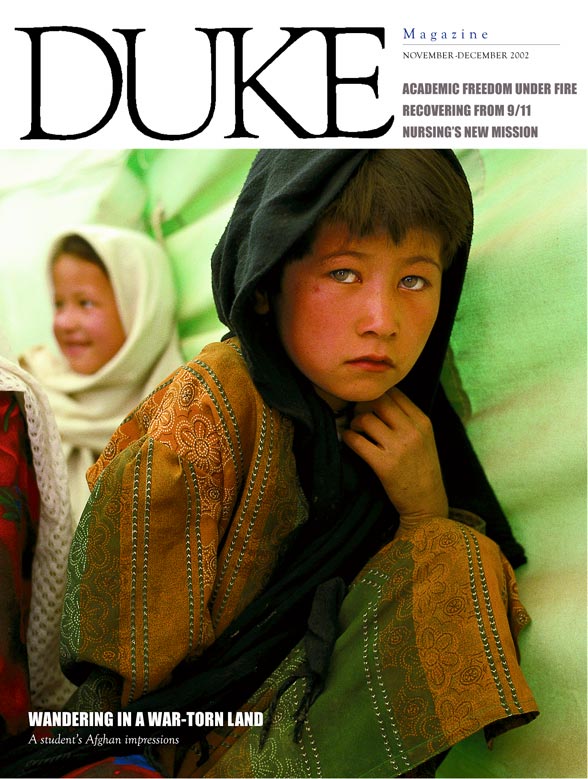People newly diagnosed with HIV/AIDS today are more likely to be female, young, heterosexual, a racial minority, and living in rural areas than in the past. They are also less likely to trust the health-care "system" or to have social support from community and family, often leading them to miss appointments or refuse treatment, says a new book.
